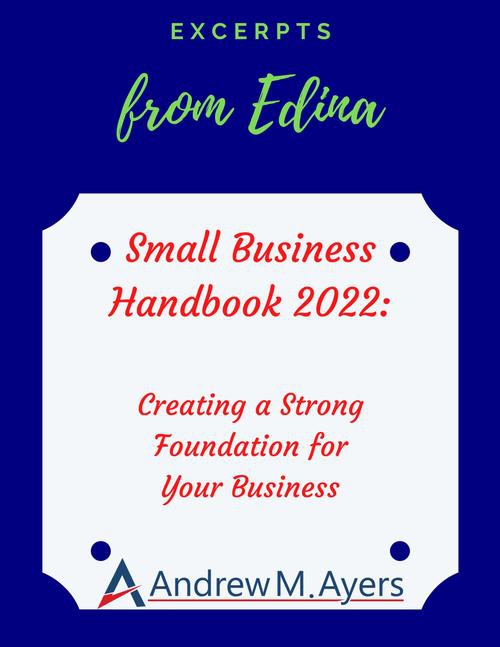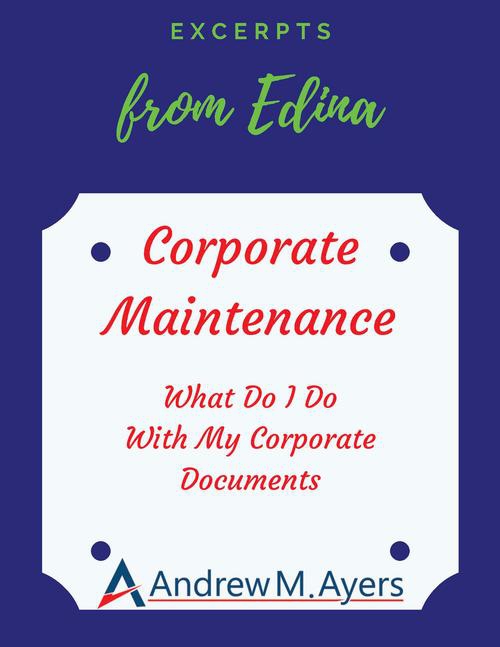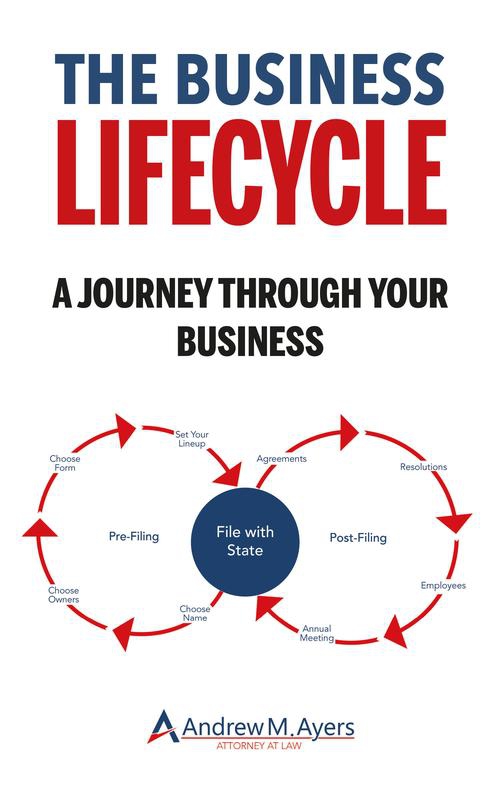 Embarking on the sale of a small business requires careful attention and meticulous preparation. It's essential to approach the task equipped with the right resources. The steps to an efficient business transaction often resemble an intricate banquet of procedures to be followed.
Embarking on the sale of a small business requires careful attention and meticulous preparation. It's essential to approach the task equipped with the right resources. The steps to an efficient business transaction often resemble an intricate banquet of procedures to be followed.
Considering a simple business transaction, such as an agreement with an associate? In that case, the formalities could be likened to a light appetizer - a few requisite documents and confirmations would suffice. However, on the other hand, executing a multinational corporate acquisition calls for an extensive 12-course tasting menu of paperwork and bureaucratic formalities.
Most businesses preparing for a sale fall somewhere between these two scopes. It is important to note that no two transactions are the same. Consequently, the list of necessary documentation is unique to each case. Nonetheless, it is extremely beneficial to acquaint oneself with a catalog of 16 critical document types.
All of the restaurant analogies aside, a thorough knowledge of each document type can prove to be a powerful tool when entering the negotiation arena. Are you prepared to delve into this comprehensive guide to essential transaction documents?
16 Types of Documents to Sell Your Business
This is a quick checklist that I often use with my clients to make sure we've got a handle on the documents we're going to need to sell their business:
-
Financial Statements: These include balance sheets, income statements, and cash flow statements, providing insights into your business's financial health.
-
Tax Returns: Both personal and business tax returns for the past few years are essential for evaluating your tax obligations and financial stability.
-
Business Contracts: Any existing contracts, such as leases, supplier agreements, and customer contracts, should be readily available for review.
-
Legal Documents: This category includes your operating or shareholder agreement, licenses, permits, patents, and trademarks related to your business.
-
Employee and HR Records: Documents related to your employees, such as contracts, payroll records, and benefits information, are crucial for a potential buyer.
-
Inventory and Asset Lists: A detailed inventory list and information on your business's assets, including equipment and property, are necessary.
-
Business Plan: Providing a well-documented business plan can help potential buyers understand your business's future potential.
-
Customer and Supplier Lists: Information about your customer base and key suppliers is valuable for a buyer's due diligence.
-
Financial Projections: Offering insights into your business's future revenue and growth potential can attract potential buyers.
-
Due Diligence Documentation: Be prepared to provide any requested documents during the due diligence process, such as contracts under negotiation or pending litigation.
-
Non-Disclosure Agreements: If you're sharing sensitive information with potential buyers, ensure they sign non-disclosure agreements to protect your business's confidentiality.
-
Transition Plan: Outline a plan for the transition of ownership to ensure a smooth handover of responsibilities.
-
Insurance Policies: Information on your business's insurance policies, including liability and key person insurance, is essential.
-
Environmental Compliance Records: If applicable, provide records showing compliance with environmental regulations.
-
Licenses and Permits: Ensure all necessary licenses and permits are up-to-date and readily available.
-
Customer Feedback and Reviews: Positive customer feedback and reviews can enhance your business's reputation and attractiveness to buyers.
By gathering these documents and keeping them organized, you'll be well-prepared for the selling process. It's also advisable to consult with legal and financial professionals to ensure everything is in order. Selling your business is a significant endeavor, and having the right documentation can make the process smoother and more successful.
Do I Need a Business Attorney?
If you are selling your business, even to your best friend, it's important that you talk to an attorney. Let's schedule a Legal Strategy Session online or by calling my Edina, Minnesota office at (612) 294-6982 or my New York City office at (646) 847-3560. My office will be happy to find a convenient time for us to have a phone call to review the best options and next steps for you and your business.





